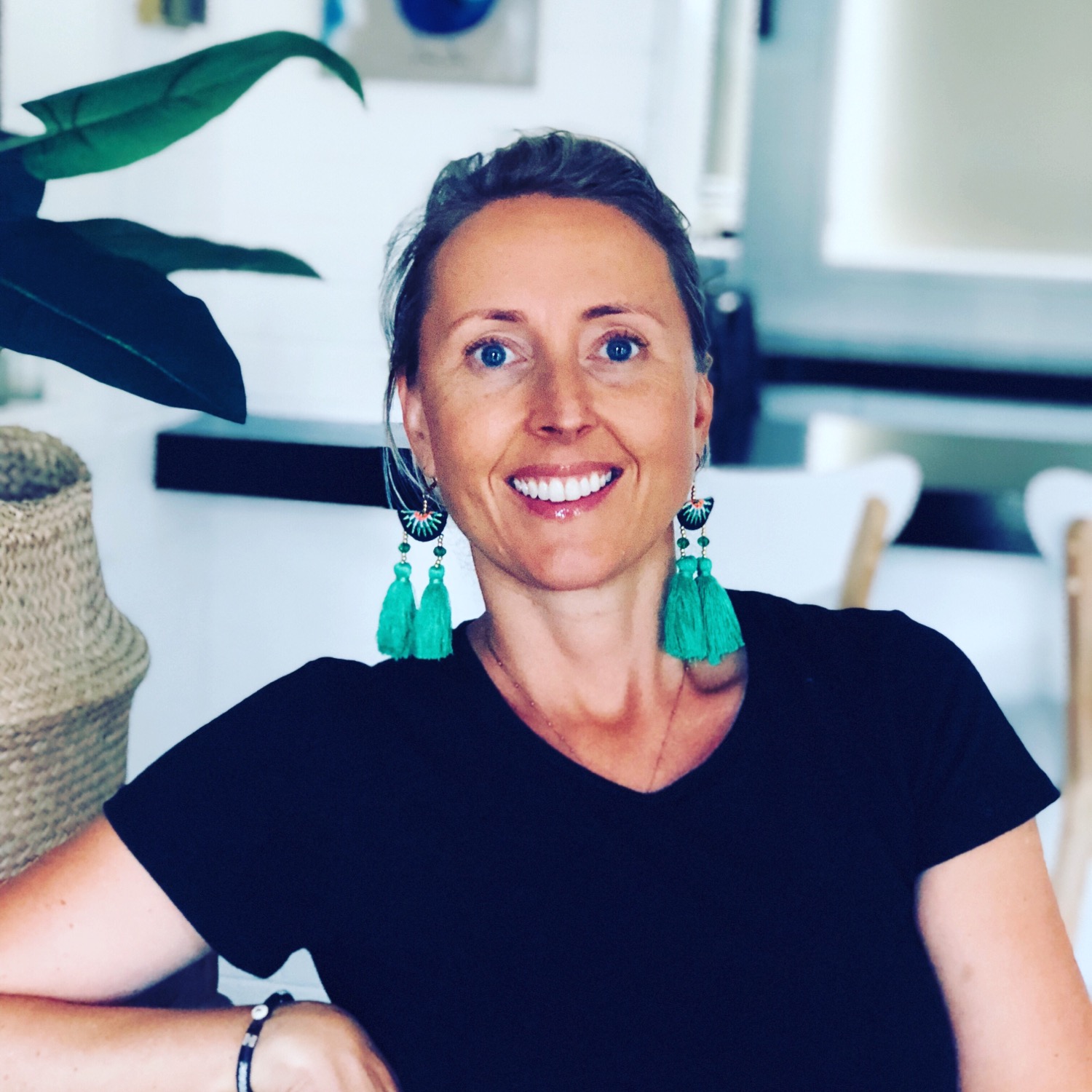HOW CULTURAL MINDSET INFLUENCES THE MENOPAUSE EXPERIENCE!
- Alex Robinson
- Apr 28, 2022
- 4 min read
Updated: Apr 29, 2022

Greetings reader. My name is Alex Robinson. I have the pleasure of writing about
menopause and all that it means, in the hope of supporting and educating you, to
help guide you through the hormonal maze you may be experiencing in peri to post
menopause.
My background is nutrition and yoga, and having gone through menopause myself, I
realise how inadequate and outdated our health and wellness systems are, to
support women going through menopause. My blog is intended to provide you
information about all things nutrition, lifestyle and wellness-related through hormonal
transition. I hope you come away feeling empowered, educated and connected.
You are not alone in your journey and there are people who can help you.
Menopause is most often addressed in terms of the physical symptoms we may feel
and what we can do to alleviate them. Of course, this is helpful, but menopause is
not one dimensional or clinical – as we know it is all encompassing! We need a
diverse range of information to navigate us through the cultural, psychosocial,
environmental, biological, physical and spiritual aspects of the great “change”.
Every woman is so unique and her experience of all these factors shapes her
experience of menopause. Therefore, we will all have a very different journey and
outcome.
As daunting as it is realising that your body, mind and life are changing, it
is also an opportunity to hit the reset button. It is a time to learn about who you are
at this stage of life, create rituals, practices and routines that align with who you want
to be. Mind you, that’s a rather fluid idea and may take some years to realise, but
the idea is moving towards what brings you joy and makes you feel like your
sparkles are lit up again! I must back-pedal then, to explain how we might arrive at
the wonderful place of “sparkledom!”.
Our experience of menopause is partly shaped by the “social determinants of health”
(SDH). The World Health Organisation defines the SDH as “situations in which
people are born, nurture, work, live and the broader set of forces and systems
determining the conditions of daily life”. Many of these factors trickle down into the
culture we live in and influence attitudes, belief systems, education, health status
and perceptions on menopause and the ageing process.
Our personal response to these influences in turn affects how long we will
experience the peri menopause to post menopause transition, what age we start the
process and how severely we will encounter symptoms (or not!). In short, the
broader social context of our life matters, in terms of a woman’s personal
menopause experience.
When I tried to find uplifting words to describe this time of a woman’s life, it didn’t
turn out so well. Searching “midlife” came up with words like “matronly”, “large
breasted”, “wrong side of forty”, “fertility/ovarian failure”, “breakdown”, “crisis” …, the
list goes on.
What I found was a lot of negative language. Negative language creates negative
perception, and that my friends, is the current societal status quo on menopause in
much of the developed world. That means that the symptoms you experience may
be thanks to the negative cultural conditioning of your environment. In the study,
“Social Determinants of Health in Menopause: An Integrative Review”, Namazi et.al
summaries the situation by stating, “The culture and attitude of individuals towards
menopause can affect the severity of menopausal symptoms, with a negative
attitude toward menopause exacerbating symptoms in this period. Also, a positive
attitude toward menopause improves the quality of life in this period”.
As at 2020, the Australian Bureau of Statistics revealed that average life expectancy
for a woman in Australia was 85.3 years old. The Australian Menopause Society
states that the average age of menopause is 51. Therefore, there’s a good chance a
woman is going to spend at least 1/3 of her life in menopause. If we’re going to live
longer, we want to have the best quality of life as possible and we need to start
becoming our own advocates if we are to achieve this.
Planning for our menopause before we’re in it, is an empowering place to start.
Having a transition plan helps to provide a sense of control and say in how we move
through menopause. You may like to include ideas such as (but not limited to):
- Educating yourself about the physical signs and symptoms
- Talk to your GP about new types of Menopause Hormone Therapy (formerly
Hormone Replacement Therapy) and what might be suitable for you if you
need to use it
- Exploring complementary therapies that appeal to you such as yoga,
meditation, tai chi, qi-gong, massage, sacro-cranial therapy etc
- Customised, appropriate exercise and movement strategies
- Your exit strategy from work
- Discussions with your family about support you may need
Your plan is going to be your toolkit to refer to when you’re feeling vulnerable,
isolated or confused. I strongly urge you to consider taking the time to advocate for
your health in this way – it may make the difference to your experience of
menopause.
In future articles, I look forward to exploring with you, the many avenues in which
menopause affects our lives. There are so many ways we can examine it, and
hopefully you will take away at least a tip or fact that you find relatable or enriching to
your own process. Please connect with me if my words resonated with you or you
would like to chat.
REFERENCES
Namazi, M., Sadeghi, R., & Behboodi Moghadam, Z. (2019). Social Determinants of
Health in Menopause: An Integrative Review. International journal of women's
health, 11, 637–647. https://doi.org/10.2147/IJWH.S228594
Australian Bureau of Statistics
https://www.abs.gov.au/media-centre/media-releases/life-expectancy-hits-new-
high#:~:text=Life%20expectancy%20in%20Australia%20continues,Bureau%20of%2
0Statistics%20(ABS).
The Australian Menopause Society
https://www.menopause.org.au/health-info/fact-sheets


Comments